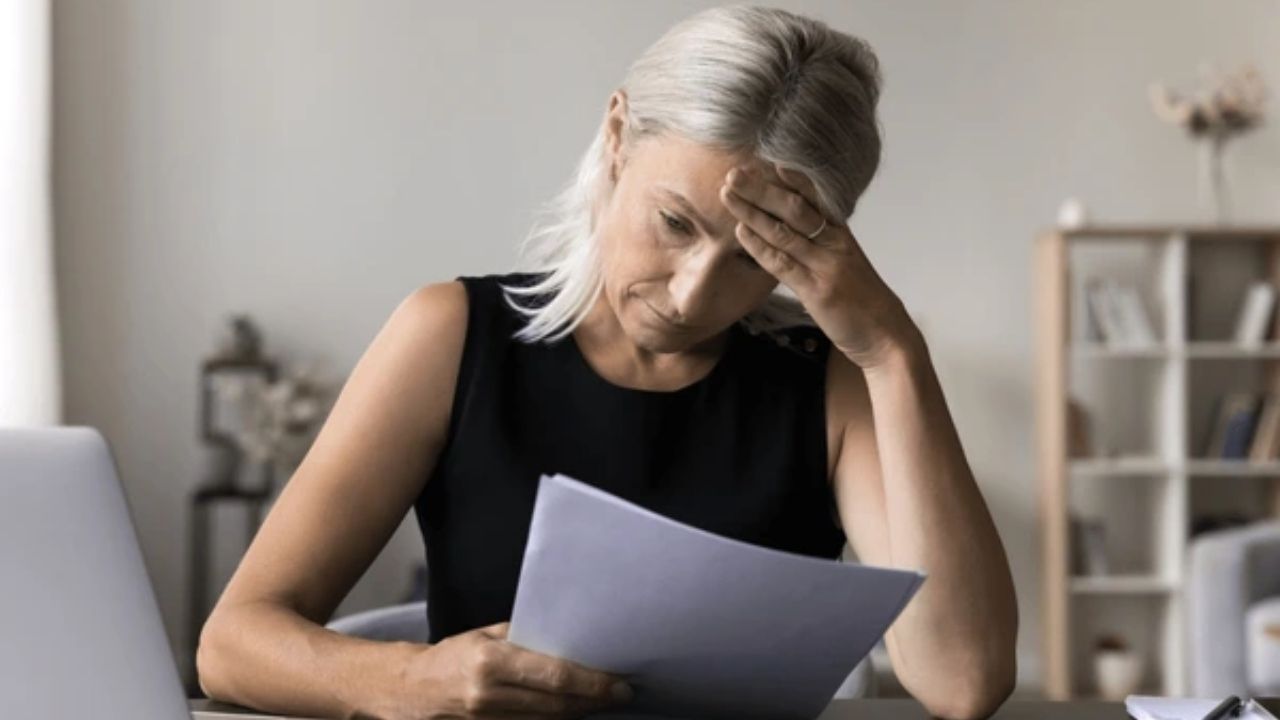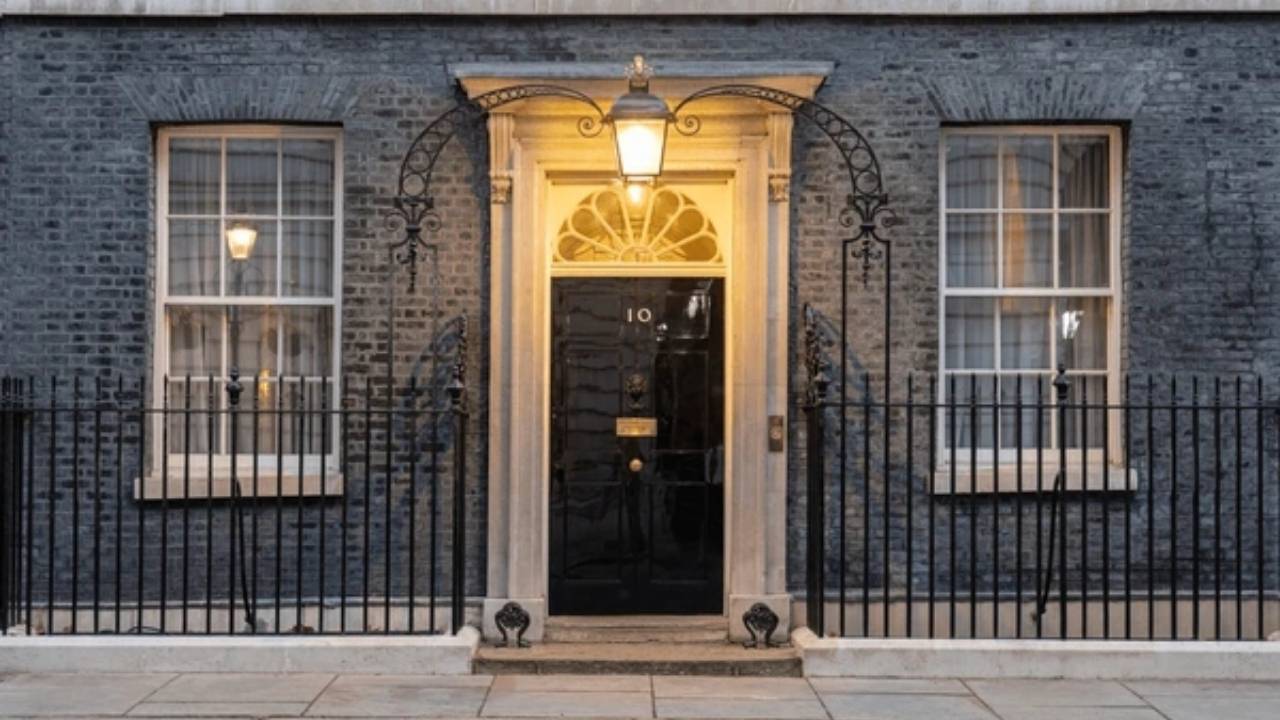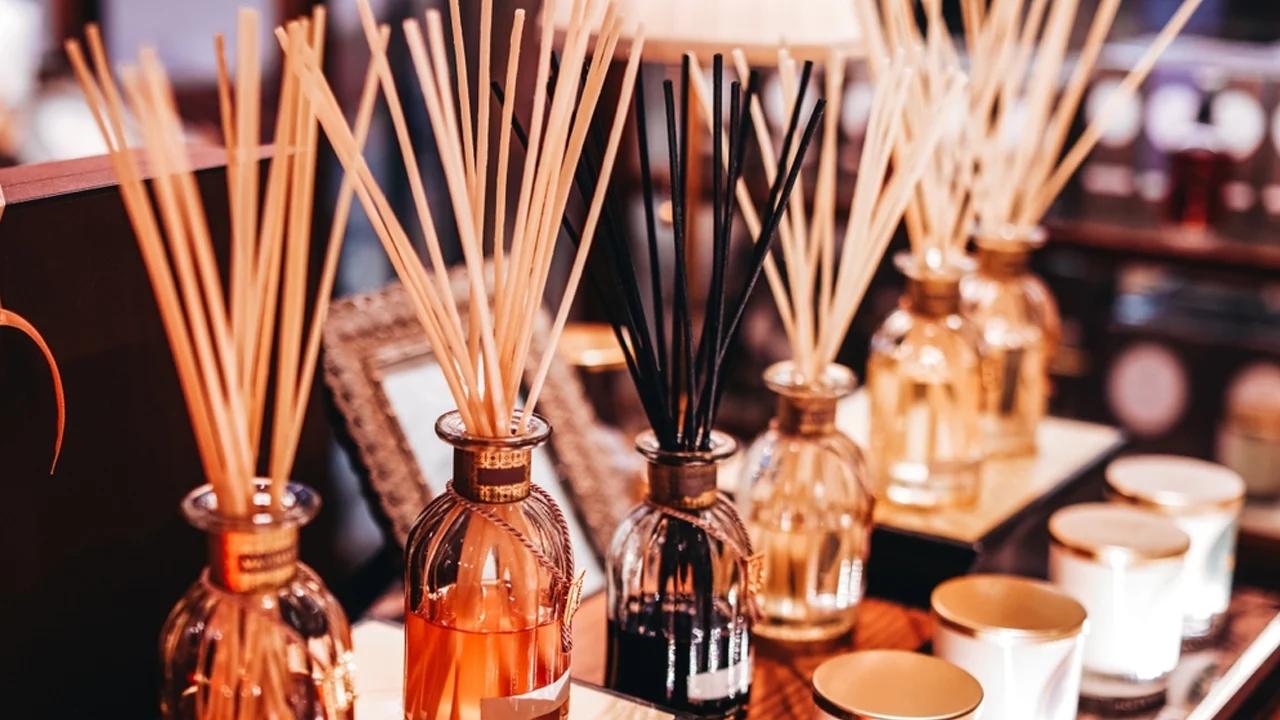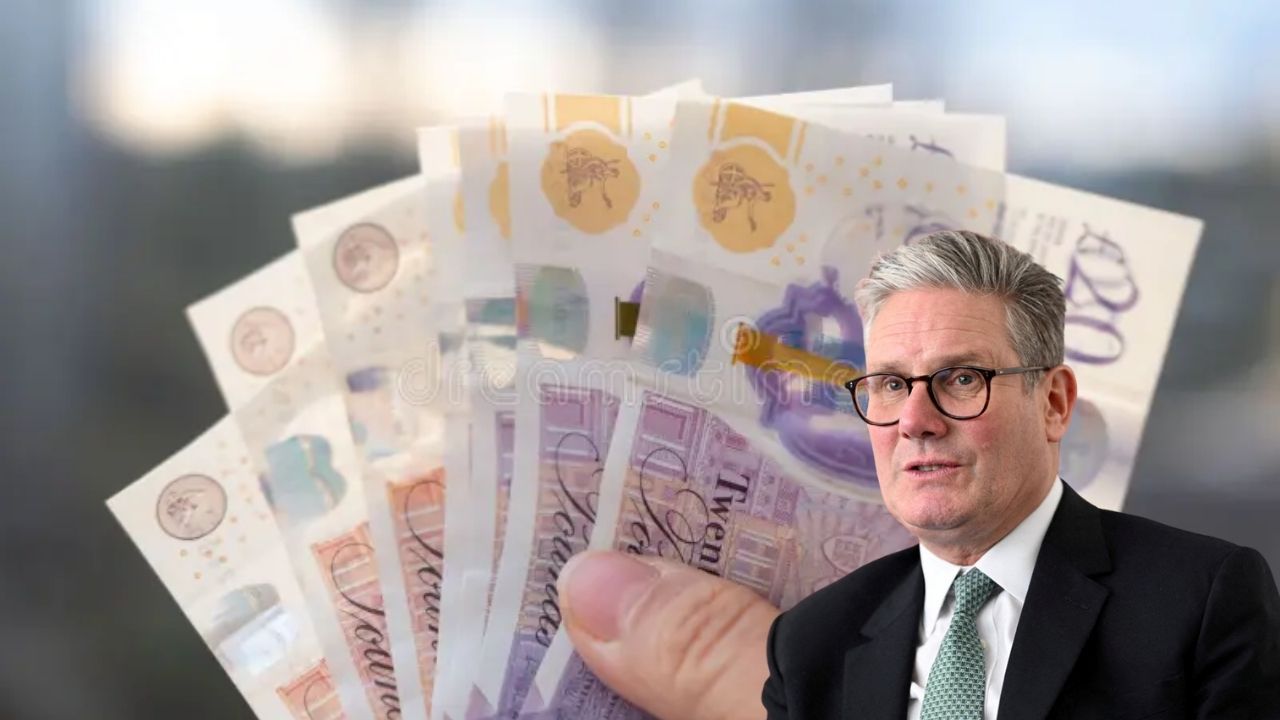LONDON – Millions of married and civil-partnered couples across the United Kingdom may be eligible for a significant tax refund, but His Majesty’s Revenue and Customs (HMRC) has confirmed that households must proactively make a Marriage Allowance claim to receive the payment. The tax relief scheme allows for backdated claims, which could total more than £1,260 for eligible pairs.
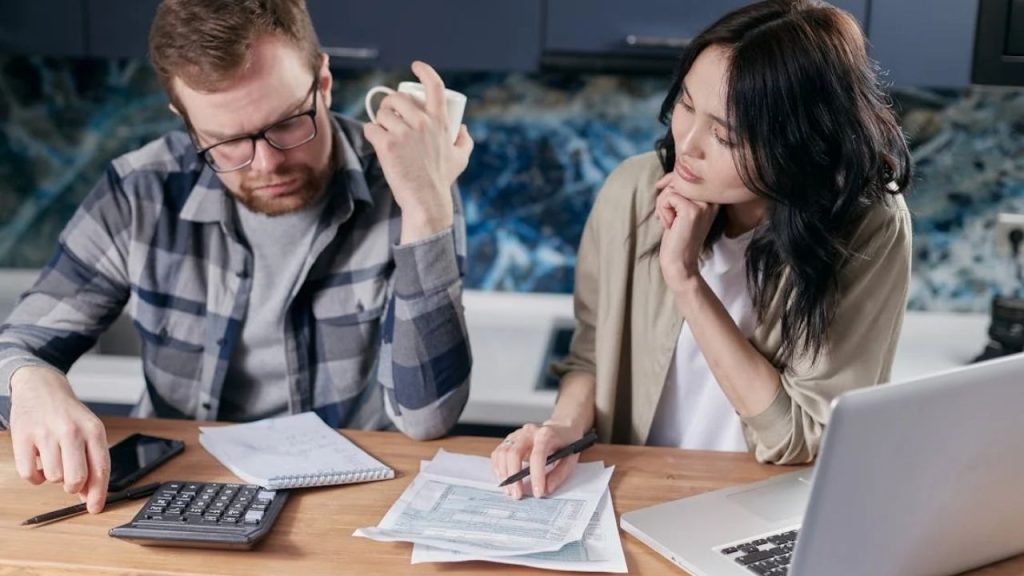
The allowance is designed to benefit couples where one partner earns less than the annual Personal Allowance, currently £12,570, and is therefore a non-taxpayer. Financial experts and government bodies are urging people to check their eligibility, particularly as households continue to navigate cost-of-living pressures.
Marriage Allowance Eligibility
| Feature | Detail |
| Total Potential Refund | Up to £1,260 for the current and four previous tax years. |
| Who Can Claim | Married couples or those in a civil partnership. |
| Income Requirement 1 | One partner must earn less than the £12,570 Personal Allowance. HMRC |
| Income Requirement 2 | The other partner must be a basic rate taxpayer (earning up to £50,270 in England, Wales, and NI). |
Understanding the Marriage Allowance Claim
The Marriage Allowance is a government tax scheme that allows an individual who does not use their full Personal Allowance to transfer 10% of it, a fixed amount of £1,260, to their spouse or civil partner. This transfer reduces the higher-earning partner’s tax liability for the year.
For the 2025 to 2026 tax year, this can result in a tax reduction of up to £252.
“The core principle is simple: it shifts a portion of a tax-free allowance from someone who doesn’t need it to someone who does,” said a spokesperson for the Low Incomes Tax Reform Group (LITRG). “Despite its potential benefit, a significant awareness gap means millions of pounds go unclaimed each year.”
Who Is Eligible for the HMRC Tax Relief?
To qualify for the tax break, couples must meet a specific set of criteria outlined by HMRC.
- Relationship Status: You must be married or in a civil partnership. Cohabiting partners are not eligible.
- Lower Earner’s Income: One partner must have an annual income below the Personal Allowance of £12,570. This includes those who are not working, are in low-paid employment, or are retired.
- Higher Earner’s Income: The other partner must be a basic 20% rate taxpayer. In England, Wales, and Northern Ireland, this means their income is between £12,571 and £50,270. In Scotland, the partner must pay income tax at the Starter, Basic, or Intermediate rate, which applies to incomes between £12,571 and £43,662.
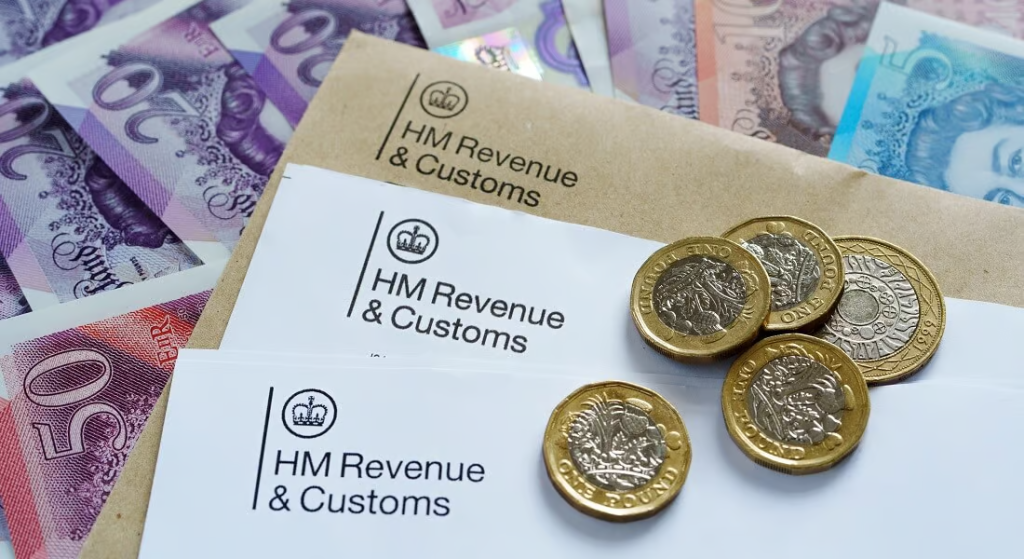
Backdating Your Claim for a Larger Payout
A key feature of the scheme is the ability to backdate a claim for up to four previous tax years. Couples who have been eligible since the 2021 to 2022 tax year but have not yet claimed could receive a lump-sum tax refund.
The potential refund is calculated as follows:
- 2024/25: £252
- 2023/24: £252
- 2022/23: £252
- 2021/22: £252
A successful claim backdated for the full four years, combined with the allowance for the current tax year (2025/26), would total £1,260. The deadline to claim for the 2021/22 tax year is 5 April 2026.
How to Apply and Avoid Third-Party Fees
HMRC has stressed that the application process is straightforward and, crucially, free of charge through the official government portal.
“Couples can apply online at GOV.UK in a matter of minutes,” an HMRC official stated in a recent advisory. “All you need are both partners’ National Insurance numbers and a way to prove your identity.”
Once an application is approved, the change is typically applied automatically to the higher earner’s tax code for the current year. For backdated claims, the refund is usually issued via a bank transfer or a cheque.
Consumer advice groups warn the public to be cautious of third-party services that often appear in online searches. These companies submit the same free application on a person’s behalf but take a substantial portion of the refund as a fee.
The persistent lack of uptake is primarily attributed to a simple lack of awareness. Many eligible couples either do not know the tax relief exists or wrongly assume they do not qualify.
The scheme remains in place, and officials continue to encourage anyone who believes they might be eligible to visit the GOV.UK website and check. This small administrative task could provide a welcome financial boost to millions of families across the country.
HMRC Issues Refunds to Thousands of Pensioners — How to Claim Yours Now
DWP Issues Urgent Warning: The One Week in September That Could Cost Pensioners £300
UK Deputy PM Admits Dodging Property Tax—Says He Nearly Resigned Over the Scandal
FAQs
1. What happens if my partner has died?
You can still claim Marriage Allowance if your partner has died. The claim can be backdated for up to four years, as long as you met the eligibility criteria during that time.
2. What if our incomes change and we are no longer eligible?
If your circumstances change—for example, the lower earner starts paying tax or the higher earner moves into a higher tax bracket—you must cancel your Marriage Allowance claim. This can be done through the same GOV.UK service.
3. How is the refund paid?
For the current tax year, your tax code will be adjusted, meaning you pay slightly less tax each month. For previous years, you will receive a lump sum, either as a bank transfer or a cheque.


